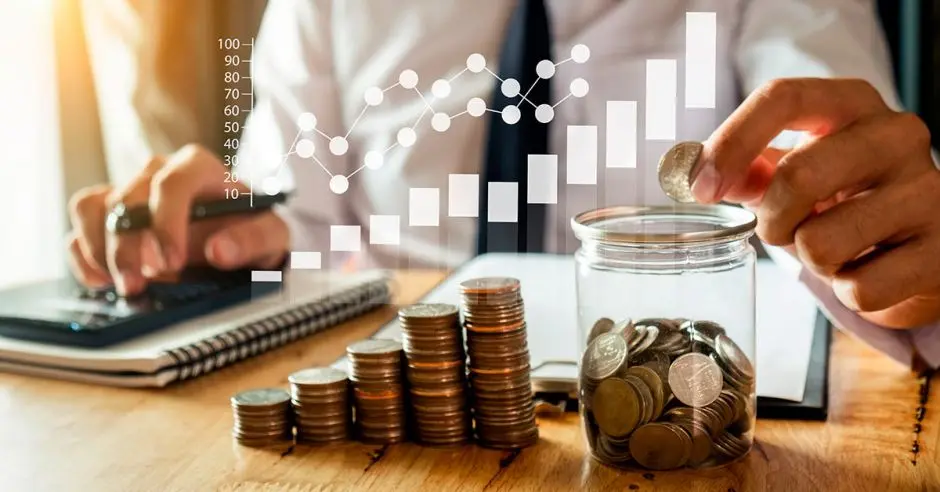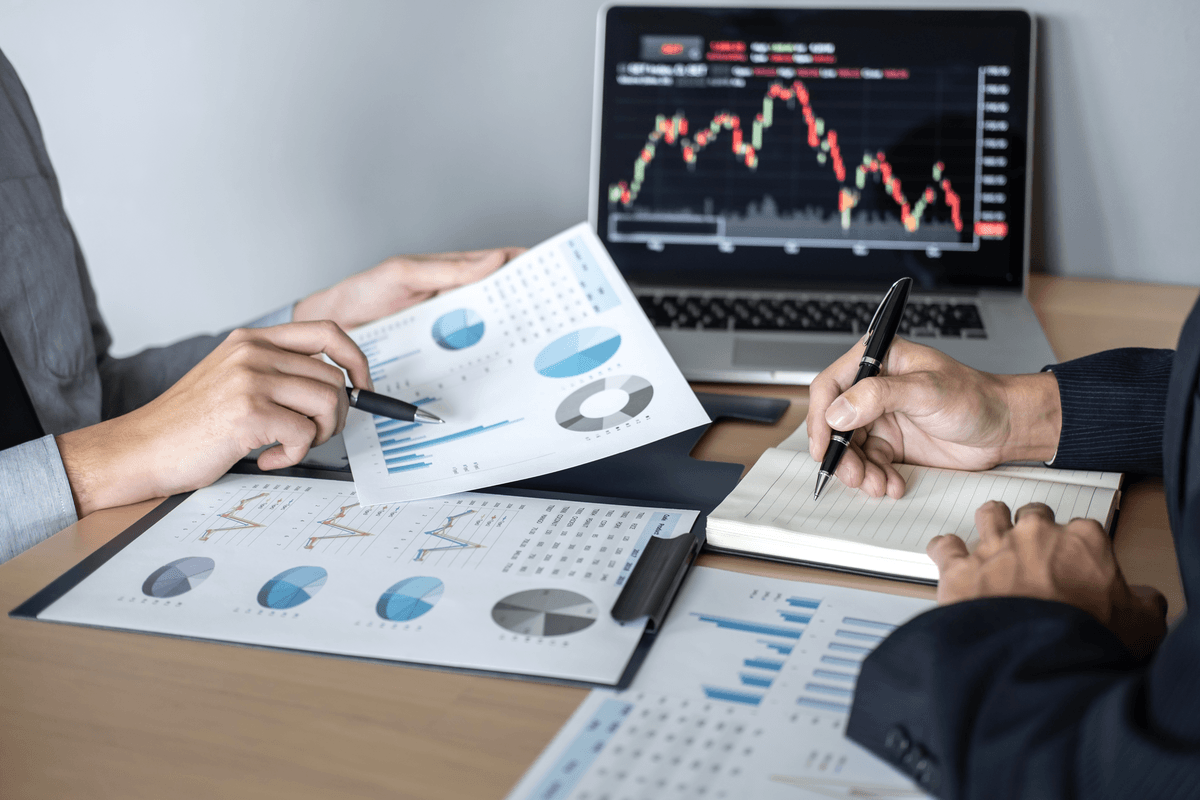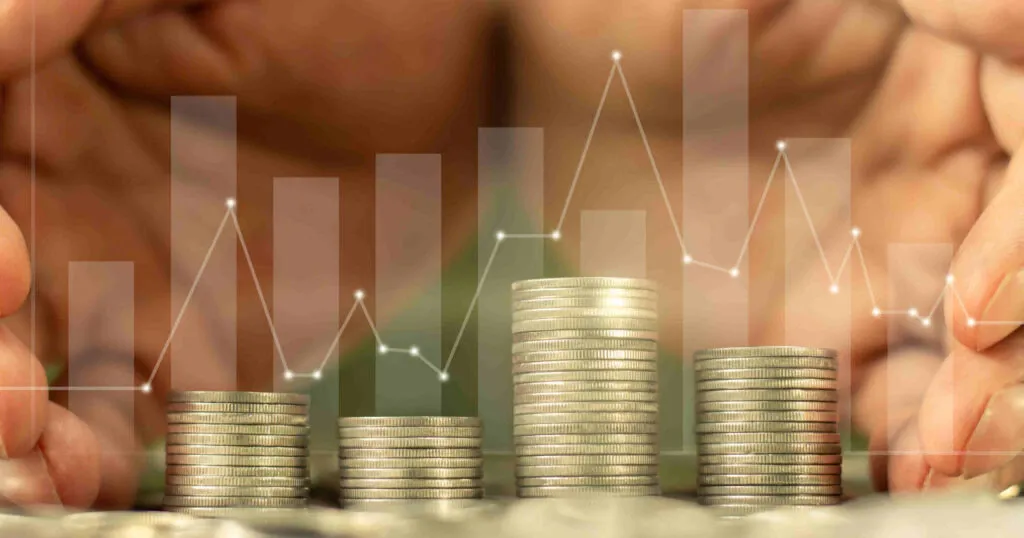
In a world where the economy is increasingly uncertain, it is important to protect our savings from risks that can affect their value.
Inflation, currency devaluation and market fluctuations are just some of the factors that can put our money at risk.
From investing in real estate to diversifying your investment portfolio, we show you how to take steps to secure your financial future.
Why is it important to protect your savings?
Protecting your savings is essential to ensure your financial stability and avoid potential financial losses.
Inflation and other economic risks can seriously affect the value of your savings, so it is important to take steps to protect them.
In addition, savings are a key tool for achieving long-term financial goals, such as buying a home, your children's education or retirement.
If you don't protect them properly, you could jeopardize the achievement of these goals.
On the other hand, having protected savings gives you peace of mind and financial security in case of unforeseen events such as an illness, an accident or job loss.
In these cases, having an emergency fund can make the difference between getting ahead or falling into a difficult economic situation.
What is inflation and how does it affect your savings?
Inflation is the sustained and generalized increase in the prices of goods and services in an economy.
This means that over time, your money loses purchasing power and you need more money to buy the same products.
Inflation can negatively affect your savings, because if you have your money saved in a bank account or under your mattress, its value will decrease over time.
It is important to take inflation into account when planning your long-term savings.
One way to protect your savings from inflation is to invest in financial instruments that offer a higher interest rate than the inflation rate.
Causes of inflation
Inflation can be caused by several factors, among them:
- Increased demand: when there is a greater demand for goods and services than the available supply, prices tend to rise;
- Production costs: if production costs increase, companies may increase prices to maintain their profit margins;
- Currency devaluation: when too much money is printed or the value of the currency is reduced, prices may rise;
- Imported inflation: when prices of imported goods increase, this can affect the cost of living in the country.
Effects of inflation on your savings
Inflation can have a negative impact on your savings. If the inflation rate is higher than the interest rate you are earning on your savings, the purchasing power of your money will decrease over time.
To protect your savings from inflation, it is important to consider investment options that offer a higher interest rate than the inflation rate.
Some options include high-interest savings accounts, certificates of deposit and government bonds.
Another way to protect your savings is to diversify your investment portfolio. This means investing in different types of assets, such as stocks, bonds and real estate.
Diversification can help reduce risk and increase your chances of earning a positive return.
How to protect your savings from inflation?
Inflation is an economic phenomenon that can negatively affect your savings, as the value of your money decreases over time.
Therefore, it is important to take measures to protect your savings from inflation and prevent them from losing their purchasing power.
Here are some options:
- Invest in real estate: Real estate is usually a good option to protect your savings from inflation, since its value tends to increase over time. In addition, you can earn additional income if you decide to rent the property;
- Buy gold or silver: Precious metals are a traditional way to protect savings from inflation, as their value tends to remain stable or even increase in times of economic uncertainty;
- Invest in index funds: Index funds are a popular option for investing in the stock market without having to pick individual stocks. By being diversified, this type of investment can help protect your savings from inflation;
- Save in an account with a high interest rate: If you prefer to keep your savings in cash, look for a bank account that offers a high interest rate.
Investments that can protect your savings
There are several investment options that can help you protect your savings from inflation and other economic risks:
- Mutual funds: these allow you to diversify your investment in different financial instruments and reduce the risk of loss;
- Bonds: these are a more conservative investment option than funds, but offer a fixed return;
- Stocks: although riskier, stocks can offer a higher return over the long term.
Precious metals, such as gold and silver, can be a good option to protect your savings from inflation and market volatility.
Other ways to protect your savings
- Invest in tangible assets such as gold, silver or real estate;
- Diversify your investment portfolio to reduce risk;
- Take advantage of investment opportunities abroad;
- Insure your savings with deposit insurance;
- Maintain an emergency fund for unforeseen events.
Other economic risks that can affect your savings
- Currency devaluation: when a country's currency loses value against other currencies, the purchasing power of your savings decreases;
- Economic and political crises: situations such as an economic recession or a sudden change in government policies can negatively affect the value of your savings;
- Market risk: Fluctuations in the financial markets can cause the value of your investments to decrease;
- Inflation: when the cost of living increases, the real value of your savings decreases;
- Financial fraud: falling victim to financial fraud can cause you to lose part or all of your savings.
Exchange rate risk
Exchange rate risk refers to the possibility that the value of one currency changes in relation to another.
This can affect investments and savings held in a foreign currency, as a depreciation can reduce their value in terms of the local currency.
Interest rate risk
Interest rate risk refers to the possibility that interest rates may change and affect the value of the financial instruments in which you have invested.
To protect yourself against interest rate risk, you can consider investing in financial instruments with variable or adjustable rates, or diversify your portfolio with a combination of fixed and variable instruments.
You can also keep an eye on market trends and adjust your investments accordingly.
Credit risk
Credit risk is the possibility that a financial institution or company may not be able to meet its payment obligations.
This can happen for a variety of reasons, such as poor financial management, a drop in sales or an economic downturn.
To protect your savings from credit risk, it is important to diversify your investment portfolio.
Don't put all your eggs in one basket and choose different financial instruments, such as government bonds, stocks and mutual funds.
How to diversify your investments to protect your savings?
To protect your savings from inflation and other economic risks, it is important to diversify your investments.
This means investing in different types of assets, such as stocks, bonds, real estate and commodities.
By diversifying your investments, you reduce the risk of losing all your money if one asset does not perform well.
Another benefit of diversification is that it allows you to take advantage of opportunities in different markets.
In summary, diversification is an important strategy to protect your savings from inflation and other economic risks.
By investing in different types of assets, you reduce the risk of losing all your money and can take advantage of opportunities in different markets.






